Many people take acid-reducing medications without realizing they might be taking two that don’t belong together. H2 blockers and PPIs are both used to treat heartburn, ulcers, and GERD-but using them at the same time often does more harm than good. This isn’t just a myth. It’s a widespread practice backed by outdated thinking and unnecessary spending, not science.
How H2 Blockers and PPIs Actually Work
H2 blockers like famotidine (Pepcid) and cimetidine (Tagamet) stop acid by blocking histamine from telling stomach cells to make more acid. They start working in about an hour and last 6 to 12 hours. That’s why some people take them before bed-to keep nighttime heartburn under control.
PPIs like omeprazole (Prilosec) and esomeprazole (Nexium) work differently. They shut down the final step of acid production-the proton pump. This is a much stronger and longer-lasting effect. But it takes 2 to 5 days to reach full power. Once they’re working, they keep acid low for almost 24 hours.
Here’s the catch: PPIs reduce acid so much that histamine barely has anything to stimulate. That means H2 blockers lose their target. A 2022 study in the Journal of Clinical Gastroenterology found that adding an H2 blocker to a PPI only lowered nighttime acid by 5%. Not enough to matter for most people.
Why Doctors Used to Prescribe Both
Back in the 1990s and early 2000s, doctors thought combining the two would give better control. The logic made sense on paper: one blocks histamine, the other blocks the pump. More blocks = less acid. But biology doesn’t always follow logic.
The truth is, most patients never needed both. A 2020 analysis in JAMA Internal Medicine found that about 15-20% of hospitalized patients got both drugs-even though only a tiny fraction actually benefited. That’s over 1.2 million people a year in the U.S. alone getting unnecessary treatment. And it costs the system about $1.5 billion annually.
The Real Risks of Combining Them
More drugs don’t mean better results. They mean more side effects.
PPIs have been linked to serious long-term problems:
- 30% higher risk of hospital-acquired pneumonia
- 32% higher risk of Clostridium difficile infection
- 28% higher risk of worsening kidney disease over time
- Increased chance of bone fractures with long-term use
- Low levels of vitamin B12, magnesium, and iron
Meanwhile, H2 blockers like famotidine have a much cleaner safety record. They don’t interfere with nutrient absorption the same way. They don’t raise kidney risk. And they’re less likely to cause rebound acid reflux after stopping.
Here’s the irony: a 2014 study found PPIs actually increased the risk of gastrointestinal bleeding compared to H2 blockers-even though they’re supposed to protect the stomach lining.

Who Might Still Need Both
There’s one real exception. A small group of patients with documented nocturnal acid breakthrough.
This means their stomach pH drops below 4 for more than 60 minutes between midnight and 6 a.m.-even while taking a twice-daily PPI. Only about 5-10% of GERD patients have this issue. And it’s not something you can guess. You need a 24-hour pH monitor to confirm it.
For those patients, adding an H2 blocker at bedtime might help. But even then, it’s temporary. The American College of Gastroenterology says to try it for 4 to 8 weeks, then stop the H2 blocker and see if symptoms return. If they don’t, you were never meant to be on it in the first place.
What Patients Don’t Know
A 2022 survey by the American College of Gastroenterology found that 31% of people on both drugs didn’t know why they were prescribed both. Sixty-four percent couldn’t name a single side effect.
On Reddit’s r/GERD community, 42% of users say they’ve struggled to stop PPIs because their heartburn came back worse. That’s not addiction-it’s rebound acid hypersecretion. Your stomach overcompensates after months of being shut down.
And it’s not just patients. Nurses and pharmacists report confusion in hospitals where PPIs are given automatically, and H2 blockers are added without review. One VA nurse told me: “I’ve seen people on both for years because ‘that’s what the doctor ordered.’ No one ever asked if they still needed it.”
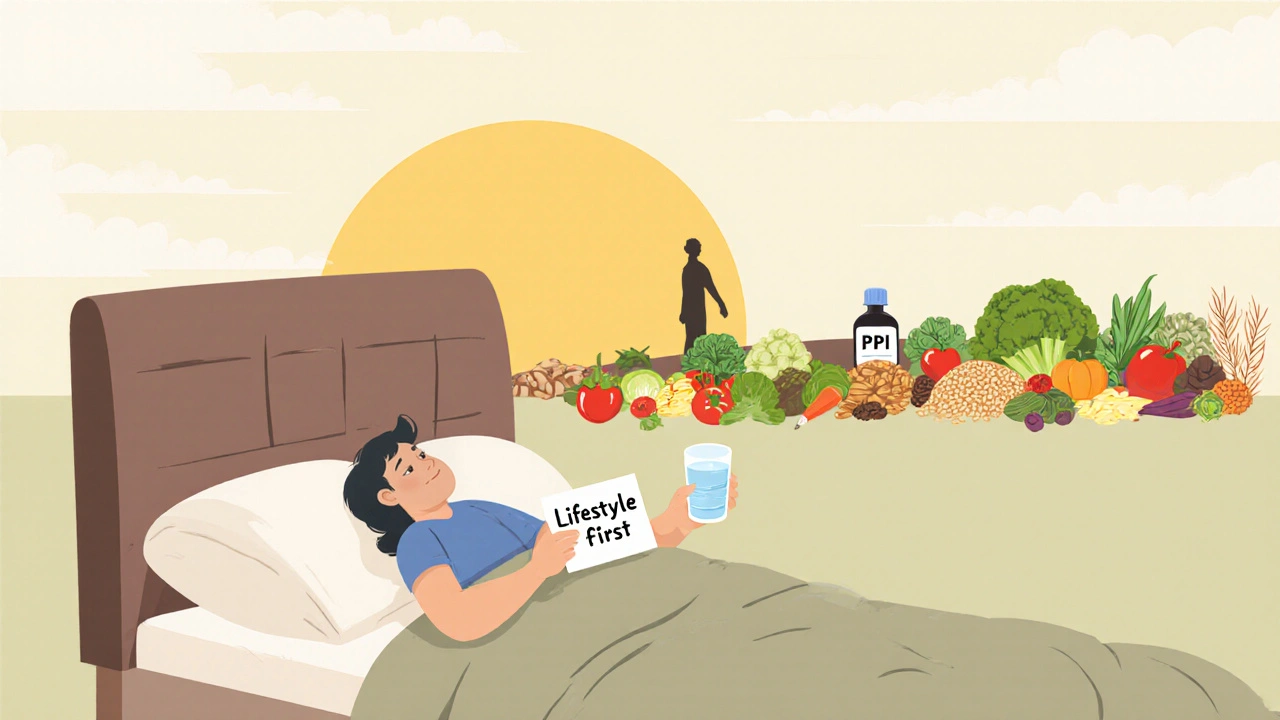
What You Should Do
If you’re on both an H2 blocker and a PPI:
- Don’t stop either one cold turkey. Talk to your doctor first.
- Ask: “Why am I on both? Is there proof I need them?”
- Request a PPI “time-out.” The VA recommends reviewing all acid-suppressing meds every 90 days.
- If you’re only taking the H2 blocker at night for heartburn, ask if switching to a single PPI in the morning would work better.
- If you’ve been on a PPI for more than 6 months, ask about tapering off.
For mild heartburn, lifestyle changes often work better than drugs: avoid late meals, cut back on caffeine and spicy food, raise the head of your bed, lose weight if needed. These are safer, cheaper, and more effective long-term.
The Bigger Picture
Doctors aren’t trying to harm you. But outdated habits, pharmaceutical marketing, and the ease of prescribing pills over counseling have created a system where more drugs are seen as better care.
The American Gastroenterological Association now lists “Don’t prescribe H2 blockers with PPIs for routine GERD” as a top Choosing Wisely recommendation. Medicare is starting to penalize hospitals that overuse this combo. And research is finally catching up to what the data has shown for years: less is often more.
There’s no magic in doubling up on acid blockers. If your PPI is working, you don’t need the H2 blocker. If it’s not working, adding another drug isn’t the answer-you need a new plan.
Can I take an H2 blocker at night if I’m already on a PPI in the morning?
Only if you have confirmed nocturnal acid breakthrough through pH monitoring. For most people, taking both offers no real benefit. The PPI alone should control acid all day and night. Adding an H2 blocker increases side effect risk without improving symptoms.
Do H2 blockers cause the same side effects as PPIs?
No. H2 blockers like famotidine have far fewer long-term risks. They don’t increase the chance of kidney disease, bone fractures, or nutrient deficiencies the way PPIs do. Cimetidine can interfere with some liver enzymes, but newer H2 blockers like famotidine and nizatidine don’t. That’s why experts now favor H2 blockers over PPIs for patients with chronic kidney disease.
Is it safe to stop a PPI suddenly?
Stopping abruptly can cause rebound acid reflux because your stomach ramps up acid production after being suppressed. The safest approach is to taper slowly-reduce your dose by half every 1-2 weeks, then switch to an H2 blocker or antacid as needed. Work with your doctor to make a plan.
Why are PPIs prescribed so much more than H2 blockers?
PPIs became popular because they’re stronger and marketed aggressively. They also have longer patent life, so drug companies pushed them hard. But H2 blockers are cheaper, safer for long-term use, and just as effective for many conditions like mild GERD or ulcers. The fact that PPIs make up 78% of prescriptions doesn’t mean they’re the best choice for everyone.
What’s the best alternative to taking acid-reducing drugs?
Lifestyle changes. Eat your last meal at least 3 hours before bed. Avoid alcohol, chocolate, coffee, and spicy foods. Lose excess weight-even 10 pounds can reduce heartburn. Elevate the head of your bed by 6 to 8 inches. These steps work better than drugs for most people and don’t carry the risks of long-term acid suppression.
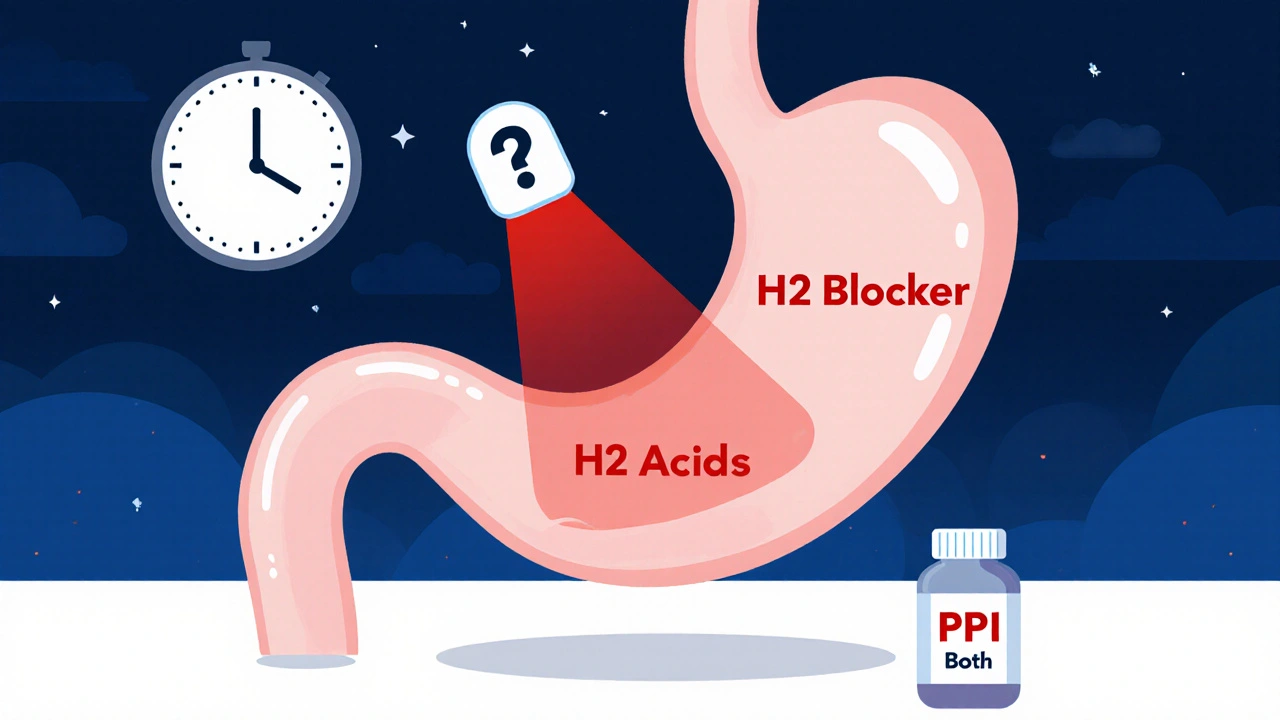
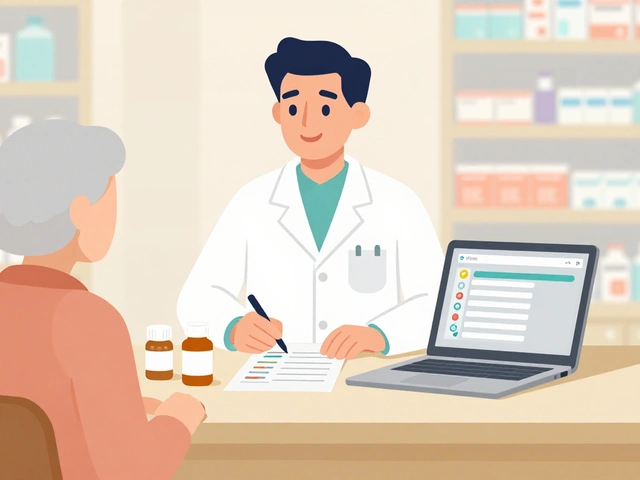
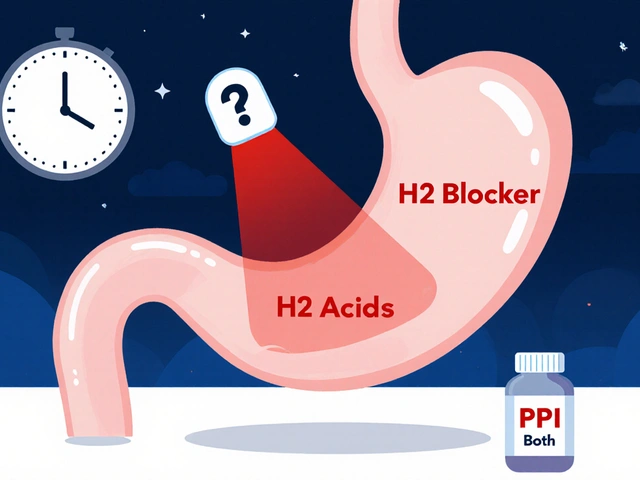
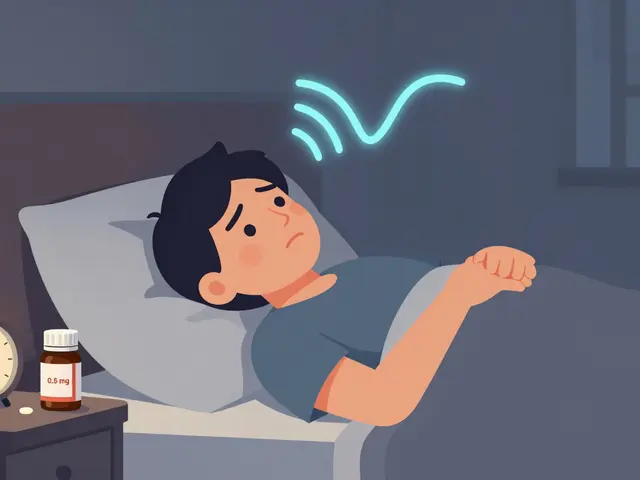



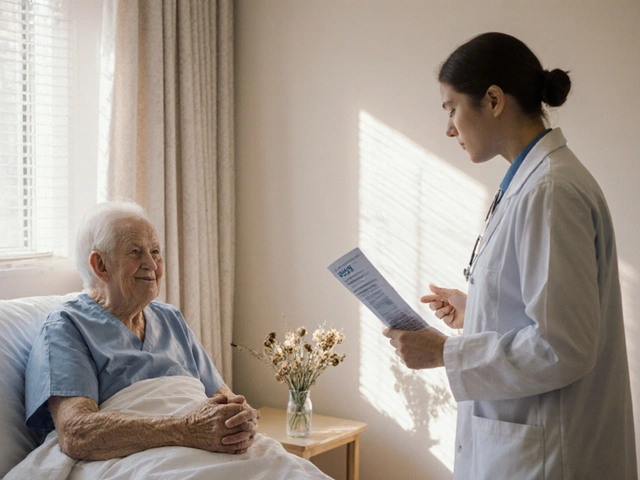

Nick Lesieur November 18, 2025
Oh wow, another article telling me I’m dumb for taking my meds? Thanks, Dr. Google. I’ve been on PPIs for 8 years because my esophagus feels like a volcano. You think I don’t know about rebound? I’ve tried quitting. I cried in the bathroom. Now I’m just trying to survive until my next pill. Stop preaching. Start helping.
Angela Gutschwager November 19, 2025
So… if I’m on a PPI and take Pepcid at night, I’m just wasting money and risking kidney damage? Got it. Thanks for the clarity. 😌
Marjorie Antoniou November 19, 2025
I’ve been on both for 5 years after my surgery. I didn’t know this was common. I’m scared now. But I’m also relieved someone finally said it out loud. I’ll talk to my GI next week. Thank you for writing this.
Andy Feltus November 21, 2025
It’s not that doctors are evil. It’s that medicine is a system designed to prescribe, not to question. We’ve turned healing into a transaction: symptom → pill → profit. H2 blockers are the quiet heroes of acid reflux - cheap, safe, and forgotten. The real tragedy isn’t the combo - it’s that we forgot how to listen to our bodies before reaching for the bottle.
Frank Dahlmeyer November 23, 2025
Let me tell you, I’ve been in this game since 1998. Back then, we used to stack H2 blockers and PPIs like Lego bricks because we thought ‘more is more.’ I’ve seen patients on triple acid suppression - PPI, H2, and antacids - just because the nurse didn’t question the order. I’ve reviewed charts where patients had been on both for 12 years with zero monitoring. The system doesn’t break down because of ignorance - it breaks down because no one has time to care. And now? We’re stuck with a generation of patients who don’t know what ‘normal stomach’ feels like. I’ve had patients tell me, ‘Doc, I don’t remember what it’s like to eat pizza without a pill.’ That’s not medicine. That’s chemical dependency disguised as treatment. We need to stop prescribing comfort and start prescribing courage - the courage to taper, to test, to try lifestyle changes before we reach for the next bottle. This isn’t just about acid. It’s about how we’ve lost our way in healthcare.
Dion Hetemi November 24, 2025
1.2 million people a year getting unnecessary meds? $1.5 BILLION wasted? And you’re telling me this isn’t corporate greed? PPIs were pushed by pharma reps with free lunches and ‘educational grants.’ H2 blockers are generic. No profit. No buzz. No fancy commercials. Meanwhile, Nexium’s marketing budget could fund a small country’s healthcare system. Wake up. This isn’t science - it’s capitalism with a stethoscope.
Kara Binning November 26, 2025
How DARE you tell people they’re wrong for taking their meds?! My grandma was on PPIs for 15 years and lived to 92! You think your little study overrides decades of lived experience?! This is why America is falling apart - people think they know more than doctors because they read one article on the internet. I’m telling you right now: if your doctor prescribed it, it’s safe. End of story. 🙄
seamus moginie November 27, 2025
Well, I’ll be damned. I’ve been taking Pepcid at night for years because my doctor said ‘it helps with the rebound.’ Now I find out it’s useless? And I’ve been paying for it out of pocket? That’s not just bad medicine - that’s a scam. I’m canceling my H2 blocker tomorrow. And I’m telling every friend I know. This needs to be shouted from the rooftops. Thank you for the truth.
Andrew Baggley November 27, 2025
Just spoke to my doctor. We agreed to taper my PPI and try H2 blocker at night - no combo. Felt weird saying ‘I want to stop this drug’ - like I was betraying my past self. But I’m 3 days in. No rebound. Just… peace. I didn’t know my stomach could feel this calm. You’re right - less is more. And I’m not just talking about pills.